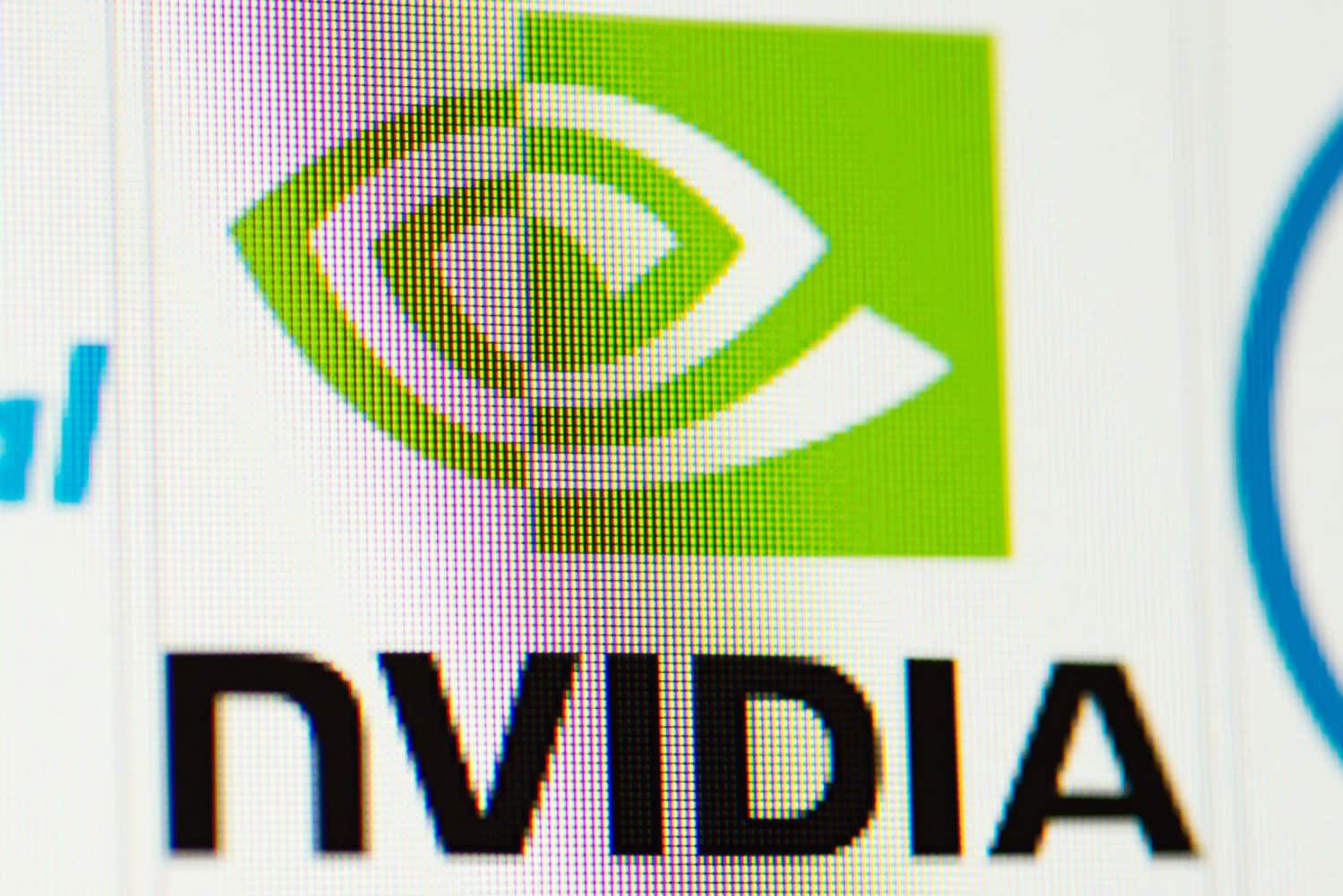
Microsoft releases Windows 11 Build 25314 to the new Canary Channel
As well as releasing a new Windows 11 build to the 'rebooted' Dev Channel, Microsoft today gives Windows Insiders their very first Canary Channel flight, Build 25314.
Announced earlier in the week, the new Canary Channel will be the "place to preview platform changes that require longer-lead time before getting released to customers". Examples of this will include major changes to the Windows kernel, new APIs, and so on.

Microsoft releases Windows 11 Build 23403 on the rebooted Dev Channel
Microsoft announced a massive overhaul to the Windows Insider Program earlier in the week, which includes 'rebooting' the Dev Channel and introducing a new Canary Channel for more experimental features, and where we may well see the first signs of Windows 12.
This week’s new Insider flight, Build 23403, is the first to arrive in the rebooted Dev Channel. If you're wondering what the rebooting means, Microsoft explains:

1Password introduces one-click login for enterprise users
Password service 1Password is launching a new service that will allow enterprise customers to unlock their 1Password accounts using third-party identity services.
Unlock with Single Sign-On (SSO) automatically provisions and deprovisions employees, with streamlined deployment through the bridge connection for the 1Password SCIM (System for Cross-domain Identity Management).

New UK privacy laws aim to cut red tape for business
The UK's new Data Protection and Digital Information Bill is set to reduce costs and burdens for British businesses and charities, and remove barriers to international trade.
We know from when it was first brought before parliament last summer that it will also cut the number of repetitive data collection and cookie pop-ups online.

Economic uncertainty puts the focus onto cloud costs
This year marks the first time in more than a decade that managing cloud spend has overtaken security as the top challenge facing organizations, according to the latest State of the Cloud report from Flexera.
The report is based on responses of 750 respondents from a survey conducted in late 2022 and finds optimizing existing use of the cloud (cost savings) is the top initiative (reported by 62 percent of all respondents).

Weak passwords are still allowing attackers into networks
A new study from Specops Software finds that 88 percent of passwords used in successful attacks consisted of 12 characters or less, with the most common being just eight characters (24 percent).
The research, largely compiled through analysis of 800 million breached passwords, finds the most common base terms used in passwords are depressingly familiar: 'password', 'admin', 'welcome' and 'p@ssw0rd'.

Cloud adoption leaves regulated industries open to attack
Switching to the cloud has left organizations in heavily regulated industries like healthcare and financial services with a greater attack surface, according to a new report.
Research published today by Blancco Technology Group, based on responses from 1,800 IT professionals in healthcare and finance, shows 65 percent of respondents say that the switch has also increased the volume of redundant, obsolete or trivial (ROT) data they collect.

Tackling cloud costs and multicloud networking in a bad economy [Q&A]
It's become common for businesses to use more than one cloud, however, service providers have no incentive to offer unified management tools as they want to keep customers for themselves.
This means enterprises end up relying on multiple tools as their cloud footprint expands which is not only inefficient but can be costly. We spoke to Rod Stuhlmuller, VP of solutions marketing at Aviatrix, to find out how organizations can monitor and control their cloud usage and costs at a time when budgets are coming under increased pressure.

Women in Cybersecurity: Inspiring the next generation of amazing female infosec leaders
The cybersecurity industry has long been very male dominated. However, the sector is finally starting to be made up of more and more female faces. Research showed that globally in 2022, women held 25 percent of cybersecurity jobs -- up from 20 percent in 2019 and 10 percent in 2013.
The rise in the number of women joining the industry is not expected to slow down anytime soon. It is predicted that by 2025 women will represent 30 percent of the global cybersecurity workforce, and by 2031 it will be 35 percent.

NVIDIA releases hotfix driver for high CPU usage in Windows 11 and 10
Following reports of problems with BSoDs and high CPU issues in Windows 10 and Windows 11, NVIDIA has released a new GeForce Hotfix driver.
As this is a Hotfix driver rather than a normal release, it has not undergone full Game Ready testing process and is not WHQL-certified. A Game Ready Driver will be released soon complete with these fixes and more, but for anyone affected by the problems, the hotfix offers a solution immediately.
Microsoft releases PowerToys v0.68.1 with fixes for new Paste As Plain Text module
Just last week, Microsoft released PowerToys v0.68.0 complete with not one but two new utilities -- Mouse Jump and Paste As Plain Text.
Now a few days have passed, the company has released a small but important update, taking the collection of utilities up to version v0.68.1. Among the changes are a new default shortcut for Paste As Plain Text to avoid a conflict with Windows 11's new volume mixer.

A house of divided brands: Uncovering SASE and SSE
The underlying technologies behind SASE and SSE must be made to work together if they are to secure the enterprise.
While alphabet soup is a staple of cybersecurity, if each acronym is tied to a clear use case the resulting thesaurus can actually be helpful. It gets tricky when vendors try to combine technologies that don’t really work together.

Is the most cost-effective move in the cost of living crisis investing in cyber security solutions?
In the midst of the biggest cost-of-living crisis in decades, the looming threat of recession, and an unprecedented energy crisis, organizations of all sizes are trying to find ways of cutting costs and saving money. While there are any number of measures organizations can take on that front -- from relatively small ones such as asking people to work from home to save on energy to more drastic measures such as layoffs -- the impact they have is variable at best. One measure that consistently saves organizations money, however, is investing in a proper cybersecurity solution.
In some ways, that might seem counterintuitive. After all, it’s an additional cost that the organization might not otherwise have to deal with. But it really is an investment that can pay off in a big way. That’s because the best cybersecurity solutions not only protect organizations from the threat of cyber attacks but also help mitigate their damage when they do occur.

How to start your data modernization journey
Getting value from data is not something that can be done in a (data) snap. The journey is often long and tumultuous. According to a recent survey, 99 percent of companies recognize that data is crucial for success; however, 97 percent face challenges in using data effectively.
The spread of data sources, volume, and too few resources prevent organizations effectively managing the growing demand for trusted data at the speed required by businesses. And that means little data -- if any -- can be relied upon to make critical business decisions. But there are simple key steps that every company can make to help them ensure a sustainable data management practice that will enable them to accelerate time to value.

This isn't Windows XP -- it's a new version of Windows 10, and you can install it now for free
If you want to run a modern operating system like Windows 10, but miss the simplicity and aesthetics of Windows XP, then we have some great news for you.
Windows EXPERIENCE Freestyle Update is a free Windows 10 mod that does a fantastic -- and virtually flawless -- job of mimicking Windows XP, and you can download and install it now directly from the Internet Archive.


